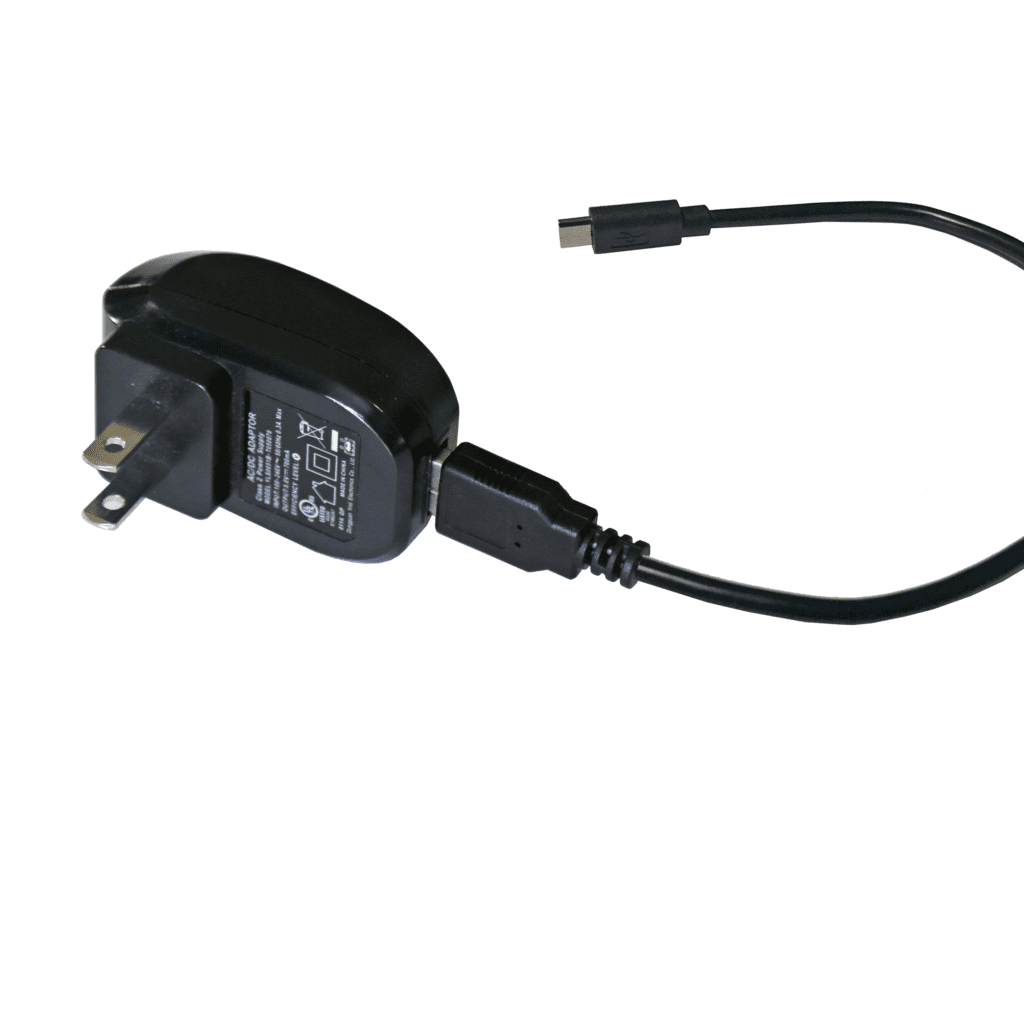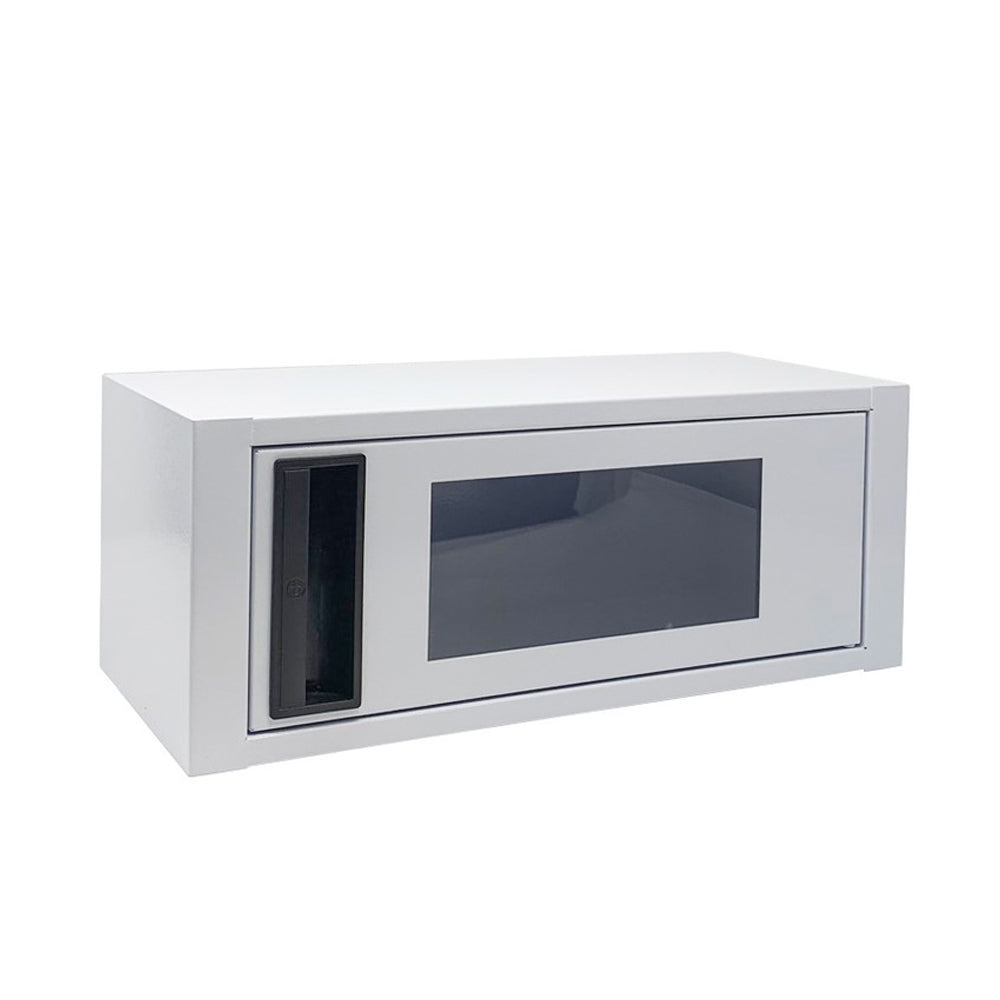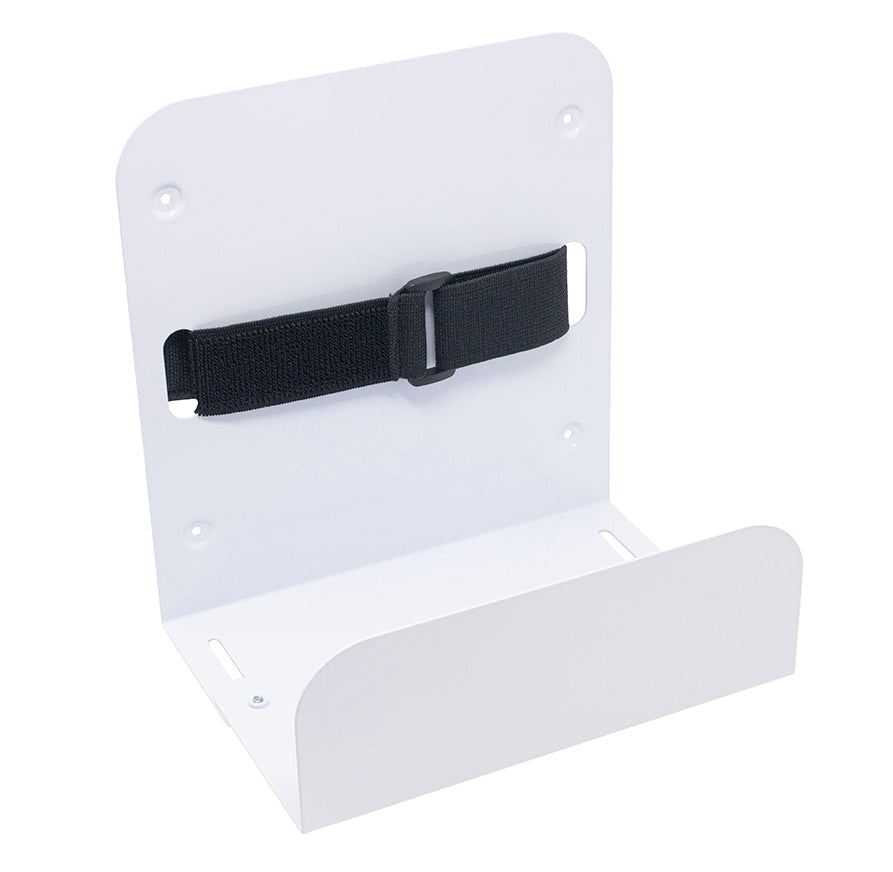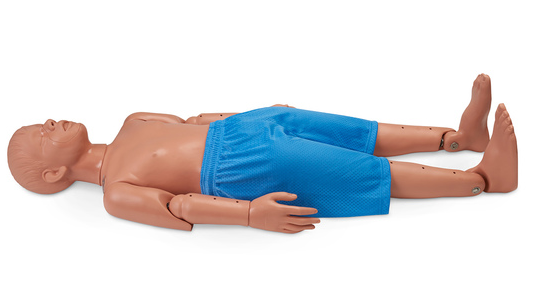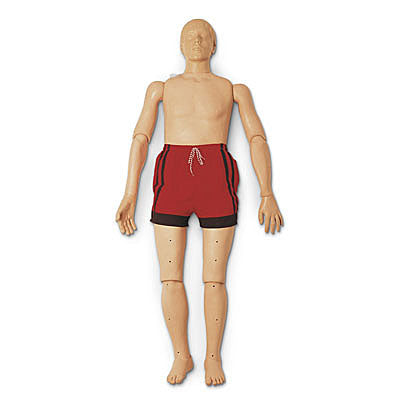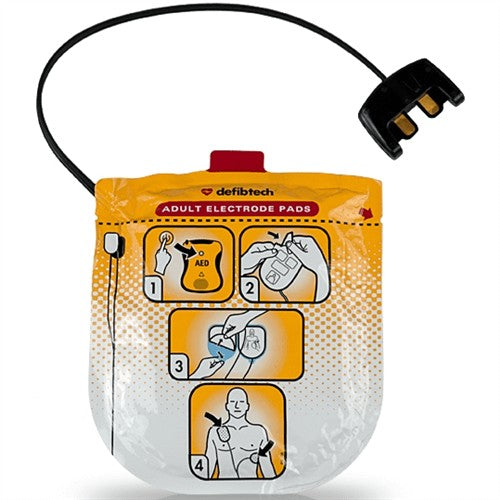Good quality CPR, when combined with the use of an AED (Automated External Defibrillator), significantly increases the chances of survival in a cardiac arrest situation. Here are some benefits:
- Sustaining Blood Circulation: Effective chest compressions through CPR help maintain blood flow to vital organs, such as the brain and heart, reducing the risk of damage during a cardiac arrest.
- Preparation for Defibrillation: CPR helps by oxygenating the blood, which is crucial before the AED is used. Well-oxygenated blood increases the likelihood of a successful shock from the AED.
- Supporting AED Effectiveness: CPR keeps the blood circulating, allowing the AED to analyze heart rhythm and potentially deliver a shock if needed. It complements the AED's function by maintaining the groundwork for successful defibrillation.
- Bridge to Professional Help: CPR, when performed promptly and correctly, acts as a bridge until professional medical assistance arrives. It sustains life until advanced medical care is available.
- Improved Survival Rates: The combination of high-quality CPR with prompt AED use significantly increases the chances of survival from sudden cardiac arrest.
- Reduction of Brain Damage: Continuous chest compressions help supply oxygen to the brain, minimizing the risk of brain damage during the critical period before the restoration of a regular heart rhythm.
In summary, good quality CPR supports the effectiveness of an AED, maximizes the chances of restoring a normal heart rhythm, and greatly enhances the chances of survival following a cardiac arrest.

